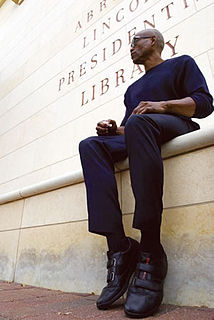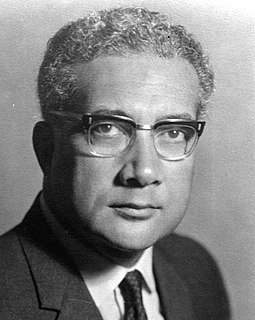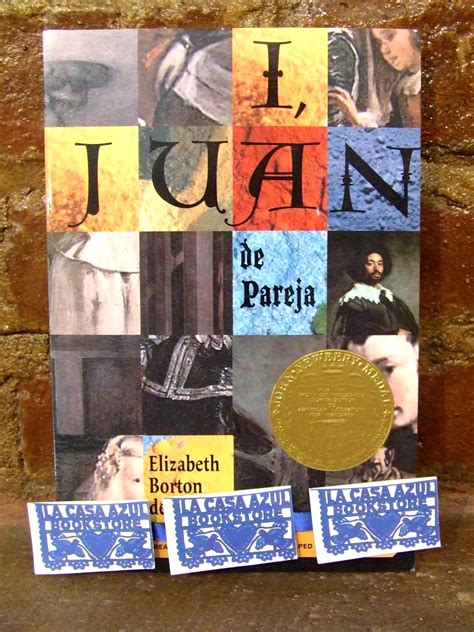A Quote by Arthur Schopenhauer
Mostly the loss teaches us only about the value of things.
Related Quotes
I think Leonardo da Vinci teaches us the value of both being focused on things that fascinate us but also, at times, being distracted and deciding to pursue some shiny new idea that you happen to stumble upon. Balancing intense focus with being interested in a whole lot of different things is something that we have to do in the Internet age.
The Lord commands us to do good unto all men without exception, though the majority are very undeserving when judged according to their own merits. But scripture here helps us out with an excellent argument when it teaches us that we must not think of man's real value, but only of his creation in the image of God to which we owe all possible honor and love.








































